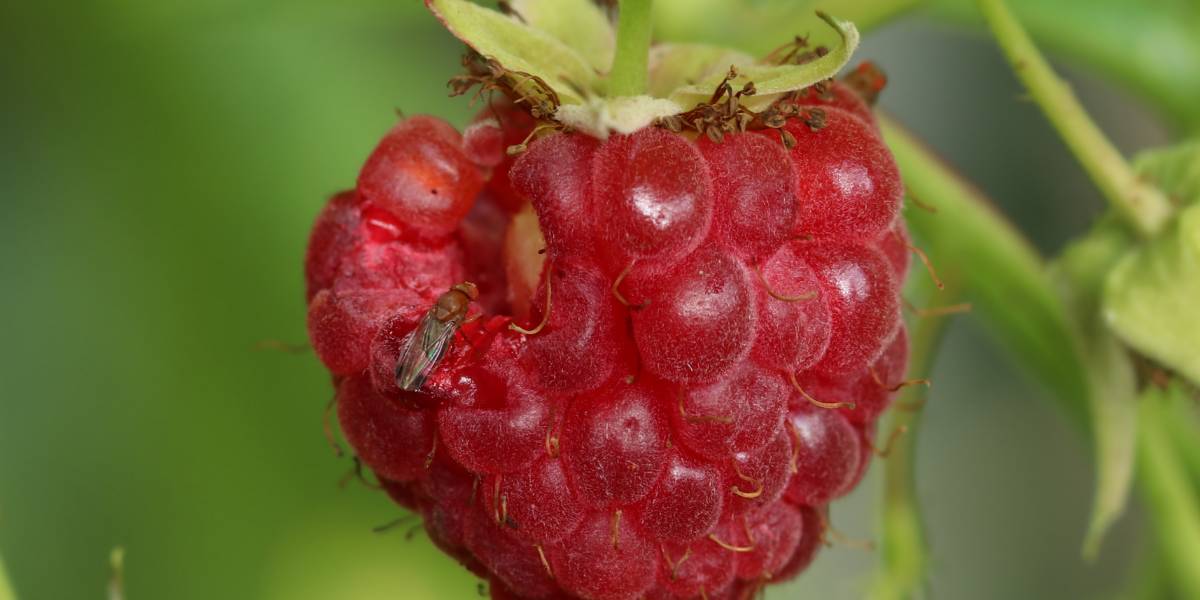A recent study published in the scientific journal Current Biology has shed light on how the activity of insulin-producing cells, and therefore the secretion of insulin, is controlled.
Led by Dr. Jan Ache at Julius-Maximilians-Universität Würzburg in Germany, the team used the fruit fly Drosophila melanogaster as a model organism to study the effect of physical activity on insulin-producing cells.
They found that when the fly starts walking or flying, its insulin-producing cells are immediately inhibited.
This behavior-dependent inhibition is controlled by neural pathways and is largely independent of changes in the fly’s blood sugar concentration.
The results of this study could have implications for understanding metabolic defects in humans and related diseases such as diabetes and obesity.
Insulin is an essential hormone that regulates sugar metabolism in humans and many other living creatures, and although the release of insulin in fruit flies is mediated by different cells than in humans, the insulin molecule and its function have hardly changed in the course of evolution.
In the past 20 years, the use of Drosophila as a model organism has led to the answering of many fundamental questions that could help improve our understanding of these conditions in humans.
The study also found that reduced insulin activity contributes to healthy aging and longevity in fruit flies, mice, humans, and other species. This, along with the link between physical activity and insulin regulation via neuronal signaling pathways, suggests that exercise promotes health by inhibiting insulin-producing cells.
- How to bring down high blood sugar levels
- 5 things you didn’t know about Frederick Banting (or maybe you did?)
Dr. Ache’s team plans to continue their research by investigating which neurotransmitters and neuronal circuits are responsible for the activity changes observed in insulin-producing cells in fruit flies, as well as examining the influence of other factors such as age and nutritional state.
They will also study the neuronal control of walking and flight behavior in the flies to better understand how the brain controls these behaviors and how the nervous system regulates energy balance.
The research can be found here.





